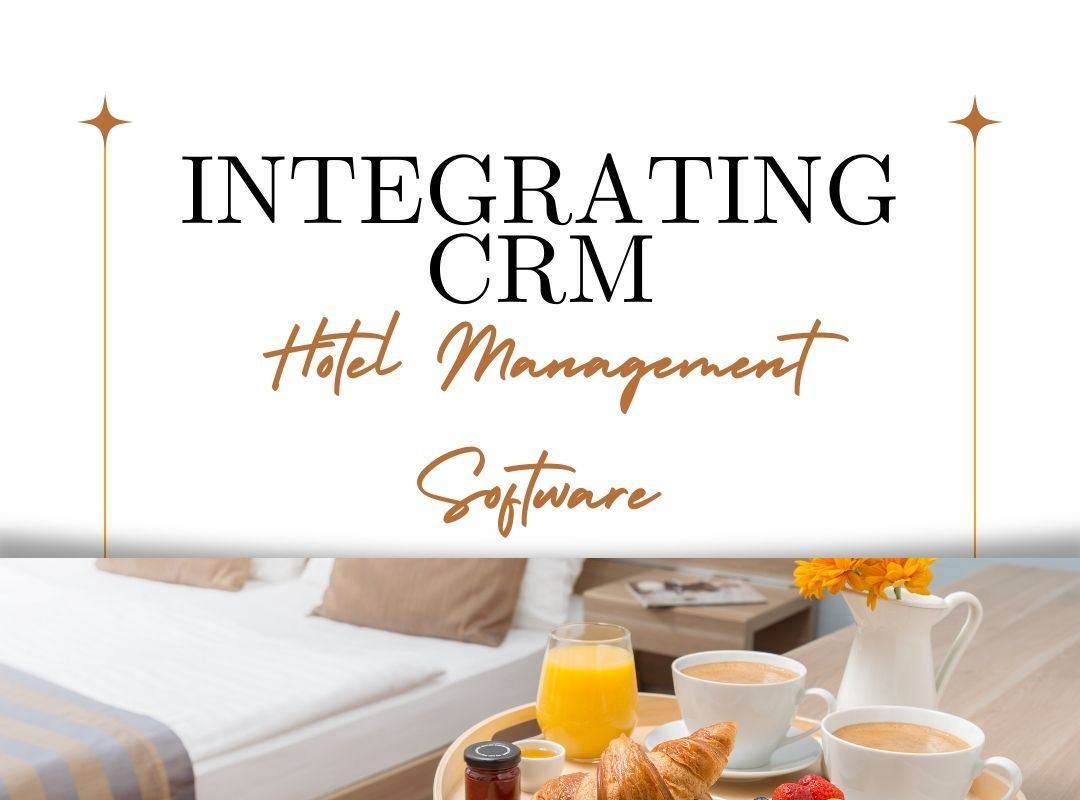Integrating CRM with ERP Systems: What You Should Know explores the critical intersection of Customer Relationship Management (CRM) and Enterprise Resource Planning (ERP) systems, two pillars of modern business operations. These systems, while distinct in their core functions – CRM focusing on customer interactions and ERP on internal processes – offer significant synergistic potential when integrated. This guide delves into the compelling reasons behind integration, examining the operational efficiencies and enhanced customer experiences that result from a unified approach.
To truly grasp the dance of business, understand the integration of CRM and ERP systems. This union unveils profound insights, yet the future whispers of even greater power. Consider the clarity that arises from mastering Predictive Sales Forecasting in CRM: Boost Accuracy with AI , which can transform uncertainty into calculated action. Remember, the ultimate goal is to harness these systems for a holistic, insightful understanding of your enterprise and the power to thrive.
The journey through CRM and ERP integration encompasses a wide array of considerations, from understanding the fundamental differences between these systems to navigating the technical complexities of data synchronization and security. We will explore various integration methods, evaluate their respective advantages and disadvantages, and provide practical strategies for selecting the optimal approach. Furthermore, the discussion extends to crucial data points, technical prerequisites, business process optimization, implementation strategies, and real-world examples of successful integration. Ultimately, this comprehensive guide aims to equip readers with the knowledge necessary to harness the full potential of integrated CRM and ERP systems.
Understanding the union of CRM and ERP is crucial, a dance of data illuminating the path to wisdom. As you navigate this landscape, consider the future: what tools will amplify your voice? Explore the potential of leveraging the best SEO practices by examining Top 7 CRM Tools for SEO in 2025 – Which Works Best? , and then return to the core – mastering the integration of CRM and ERP systems, for this is where true enlightenment in business resides.
Introduction to CRM and ERP Integration: Integrating CRM With ERP Systems: What You Should Know

Source: softwareglimpse.com
In the intricate dance of modern business, Customer Relationship Management (CRM) and Enterprise Resource Planning (ERP) systems are two key players. CRM focuses on managing customer interactions and sales, while ERP streamlines internal operations. Integrating these systems creates a powerful synergy, boosting efficiency and customer satisfaction. However, the journey isn’t without its hurdles.
Explain the core functions of CRM and ERP systems.
CRM systems serve as the central hub for all customer-related activities. They manage leads, track sales opportunities, automate marketing campaigns, and provide customer service. In essence, CRM aims to build and maintain strong customer relationships.
ERP systems, on the other hand, are the backbone of a company’s internal operations. They manage financial accounting, human resources, supply chain, manufacturing, and other core business processes. ERP systems aim to optimize resource allocation and streamline workflows.
Provide the benefits of integrating CRM and ERP systems for a business., Integrating CRM with ERP Systems: What You Should Know
Integrating CRM and ERP offers several advantages. Data flows seamlessly between departments, eliminating manual data entry and reducing errors. This leads to better decision-making, improved customer service, and increased sales.
* Improved Data Accuracy: Eliminates redundant data entry, reducing errors.
* Enhanced Efficiency: Streamlines workflows, saving time and resources.
* Better Customer Service: Provides a 360-degree view of the customer.
* Increased Sales: Enables sales teams to access real-time data and close deals faster.
* Cost Reduction: Optimizes resource allocation and reduces operational costs.
Share the common challenges encountered during CRM and ERP integration projects.
Integrating CRM and ERP systems can be complex. Data silos, technical incompatibility, and lack of clear project scope are common challenges. Managing these challenges requires careful planning and execution.
* Data Migration Complexity: Moving data between systems can be difficult.
* System Compatibility Issues: Different systems may not easily integrate.
* Lack of Clear Scope: A poorly defined project can lead to scope creep.
* Resistance to Change: Employees may resist new processes.
* Cost Overruns: Integration projects can be expensive.